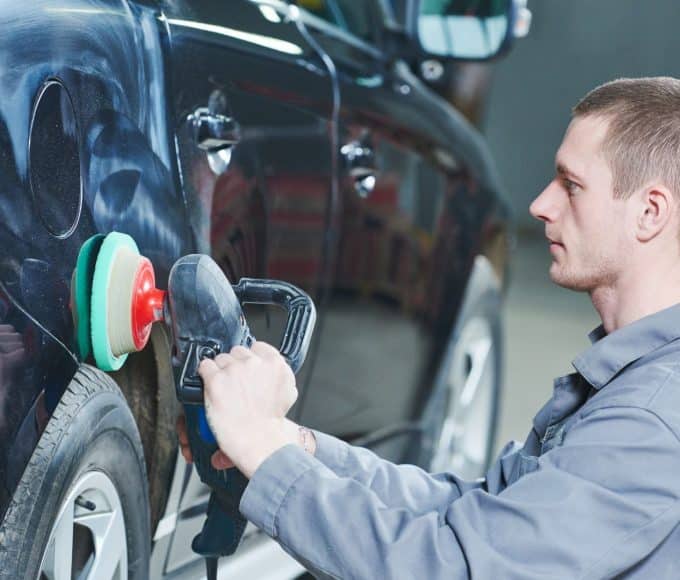Your vehicle’s suspension isn’t just about smooth rides and comfort. It plays a crucial role in ensuring safety, stability, and handling. As with any car component, understanding the suspension’s functionality and signs of wear can save you money and ensure safety on the road. Here’s what you need to know about your car suspension.
The Role of Suspension Systems
A vehicle’s suspension system maximizes the friction between the road and the tires, ensuring steering stability and passenger comfort. It’s the unsung hero that absorbs shocks, offering a smoother ride even on bumpy terrains. It also helps maintain tire alignment, minimizes wear, and aids in efficient braking.
Risks of Lowering Your Suspension
Many car enthusiasts love the aesthetic of a lowered car. However, excessively lowered suspensions can lead to problems. For one thing, ground clearance decreases, increasing the likelihood of undercarriage damage. Additionally, it can alter the car’s geometry, affecting wheel alignment and tire wear. It’s essential to strike a balance between aesthetics and functionality.
Benefits of Optimal Suspension Height
An optimally adjusted car suspension improves fuel efficiency, tire longevity, and overall vehicle safety. A balanced suspension system can adapt to various terrains, from rough, uneven landscapes to smooth highways, ensuring a consistent and comfortable driving experience while preserving the vehicle’s structural integrity.
Impact of Weight and Load
Whether your vehicle carries passengers or cargo, its overall weight can affect its suspension. Regularly overloading the vehicle can cause the suspension to wear out faster, affecting the car’s balance and stability. Knowing your vehicle’s load capacity and avoiding surpassing it is vital to ensure the suspension’s longevity and optimal performance.
Signs Your Suspension Needs Repair
Being alert to your car’s behavior can save you costly repairs. Signs that your suspension may need attention include uneven tire treads, a drifting or pulling sensation during turns, feeling every bump, a corner of the car sitting low, or hearing knocks and rattles. If you notice any of these symptoms, consult a mechanic promptly.
Now that you understand what to know about your car suspension and its height, you’re better equipped to ensure your vehicle’s safety and performance. While aesthetics are the top priority for many people, the functional integrity of your car should always take precedence.















